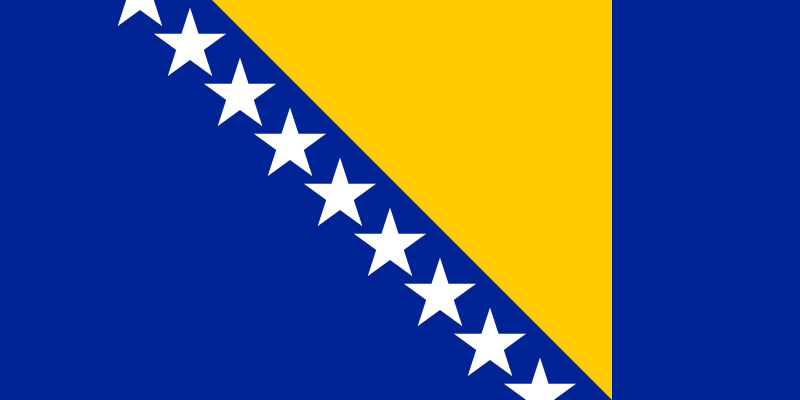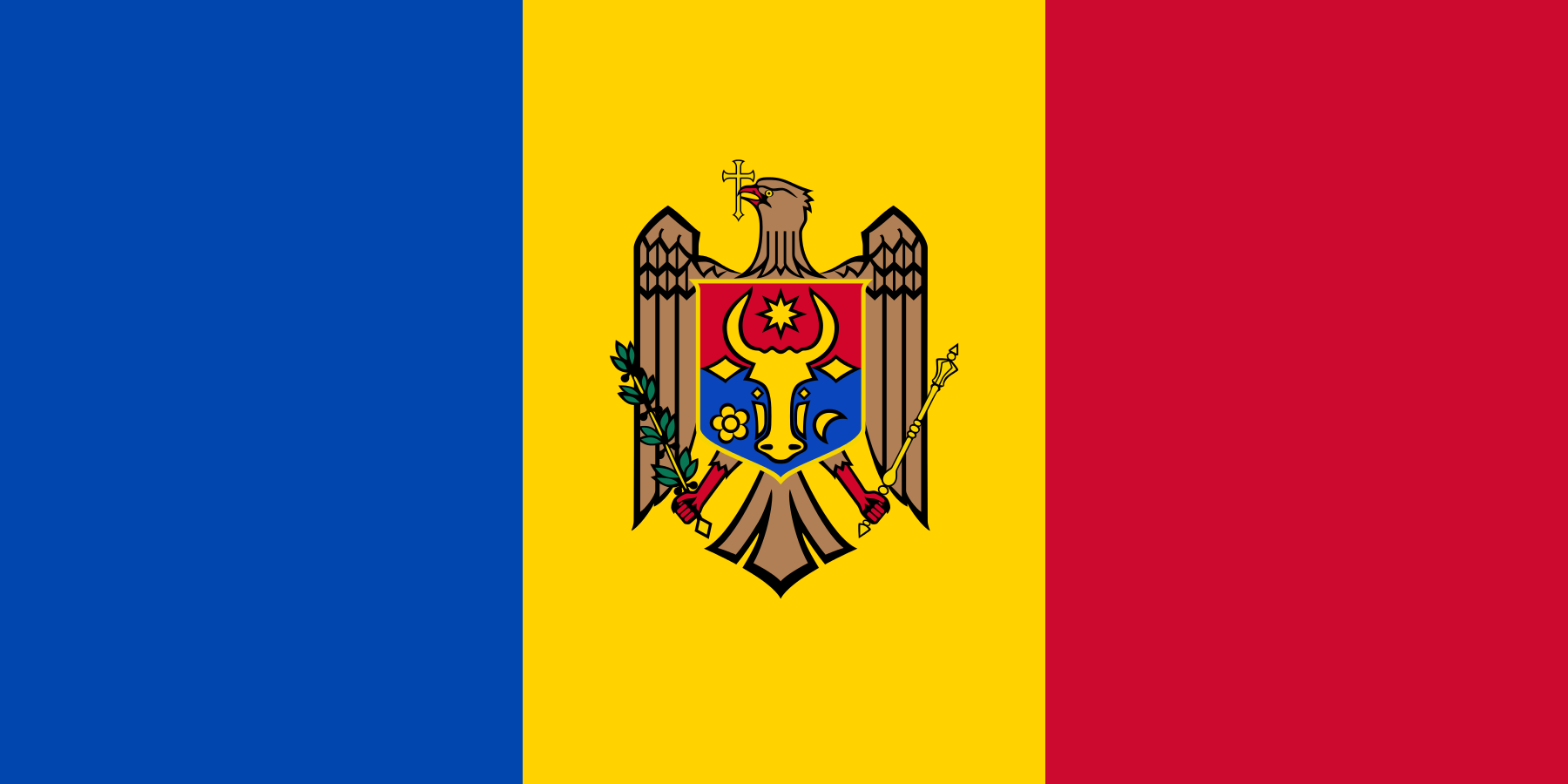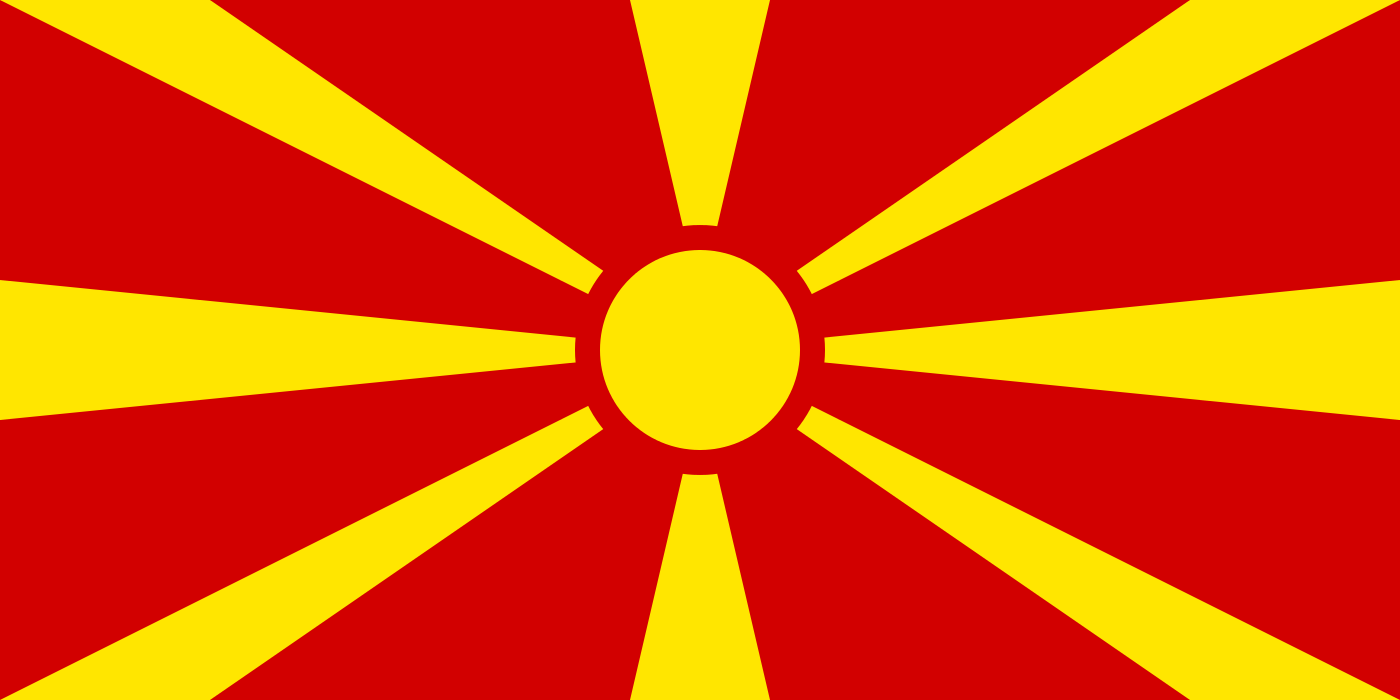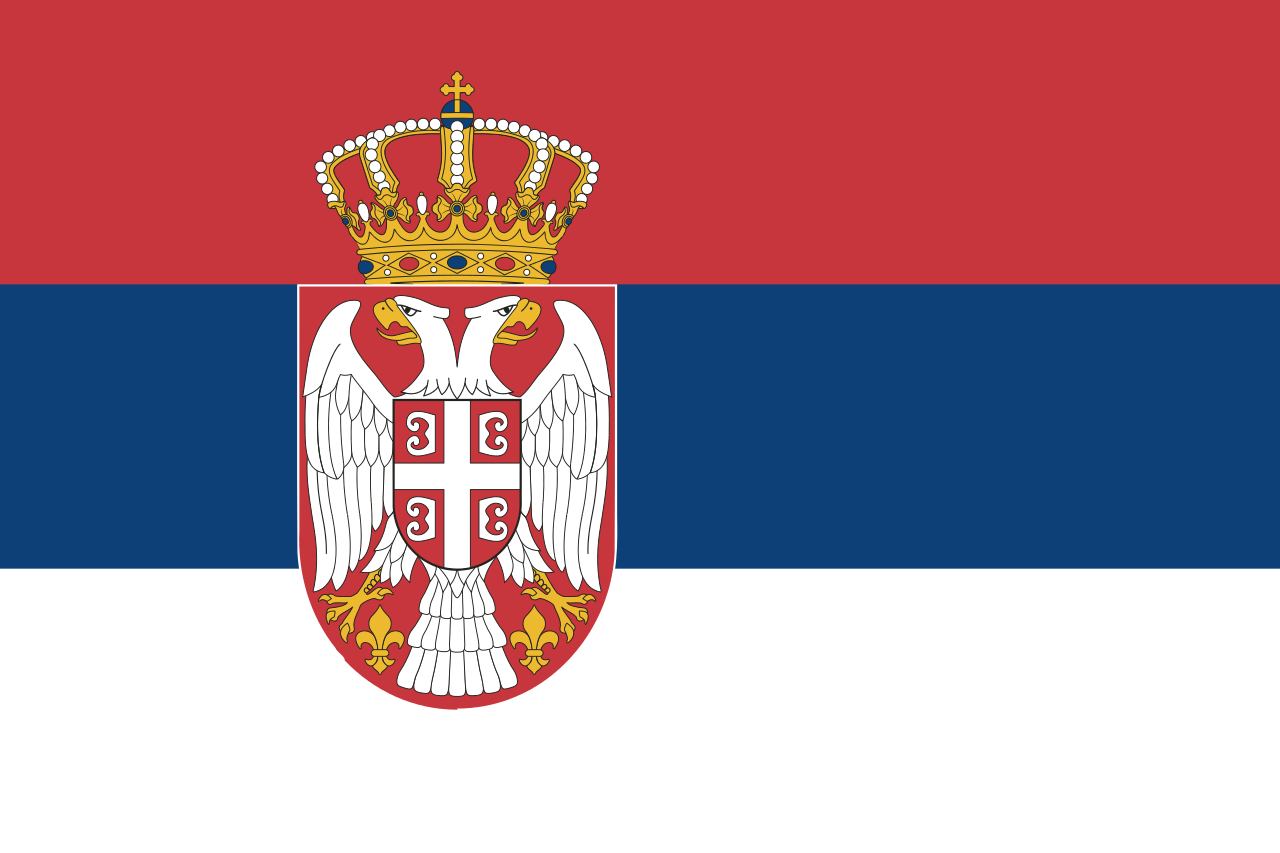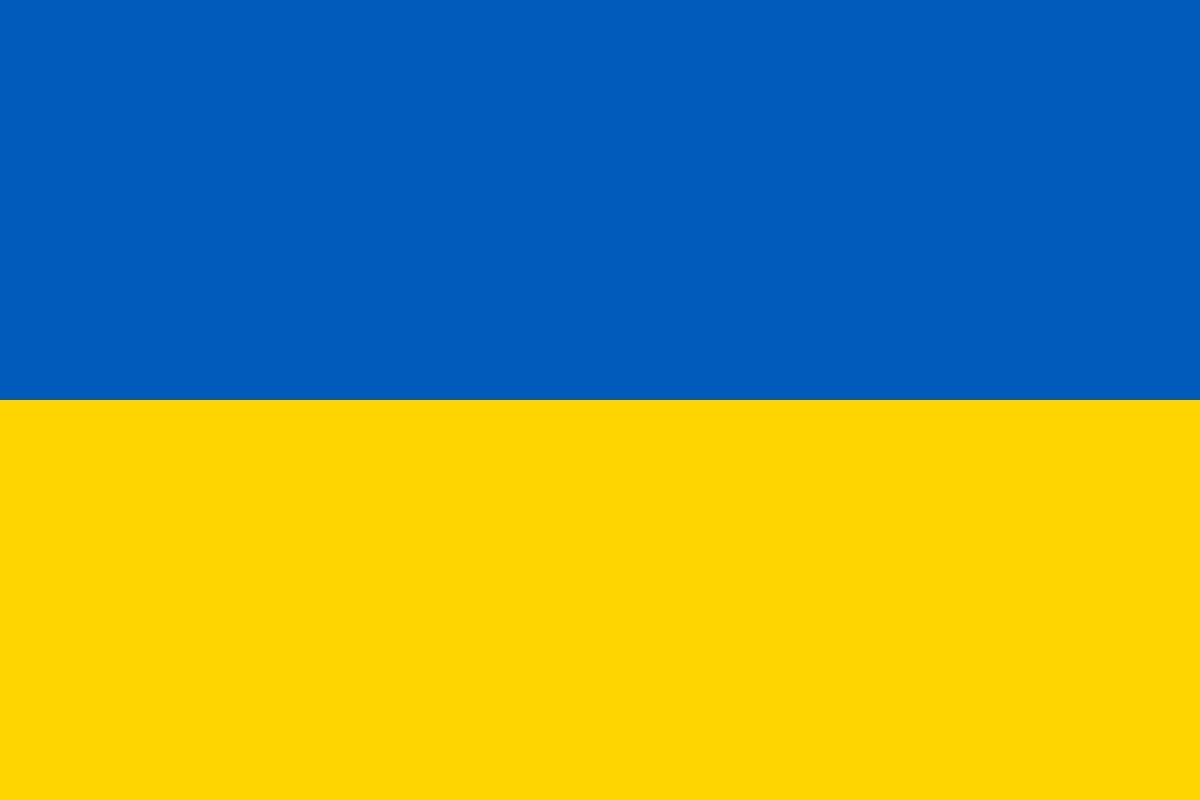Consumers miss out on lower gas prices due to lack of reform progress in the Energy Community – the highest welfare losses in Serbia
Consumers in countries that have not liberalised their gas markets are locked in with one supplier. Competition would allow these consumers to benefit from chances offered by participating in the European gas markets. High dependence on one source of supply in the less integrated and diversified gas markets of the Energy Community Contracting Parties clearly contributes to higher wholesale prices and welfare losses for gas consumers. The recently published Energy Community Regulatory Board Market Monitoring Report on gas wholesale markets demonstrates the striking welfare loss expressed in differences between lower European gas hub prices and those at which consumers in Serbia, Moldova and North Macedonia are supplied. Data for Bosnia and Herzegovina operated under similar conditions are not accessible. Consumers on the Ukrainian market, on the other hand, reaped all the benefits from lower prices thanks to market liberalization and integration with European neigbours.
Dependence on long-term contracts with only one upstream supplier (Gazprom) and limited access of traders to transmission networks further reduces the responsiveness of gas prices to market developments. Under these conditions, consumers cannot take advantage of competition and resulting price convergence in the neighboring EU markets. To illustrate this, the difference between the higher average monthly wholesale price in Serbia and the lower average day-ahead gas hub price in Austria increased from 5.63 EUR to 13.52 EUR per MWh between January and December 2019. In other words, the end-user prices in Serbia remained unchanged, while in countries whose markets reflect competitive prices the end-user prices decreased significantly. The difference clearly shows the price of monopoly of current gas incumbents and of the refusal to respect the legal framework established by the Energy Community Treaty.

